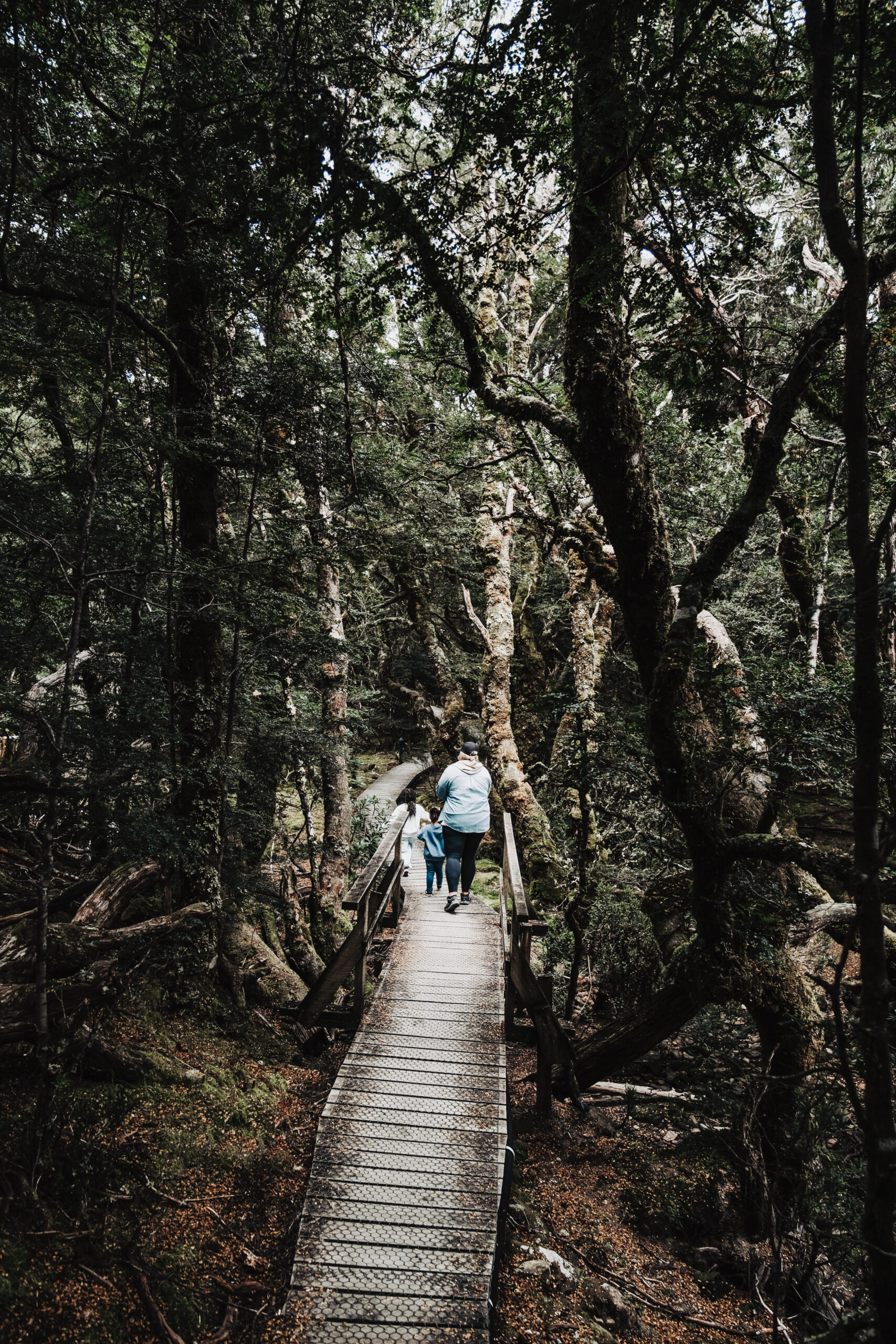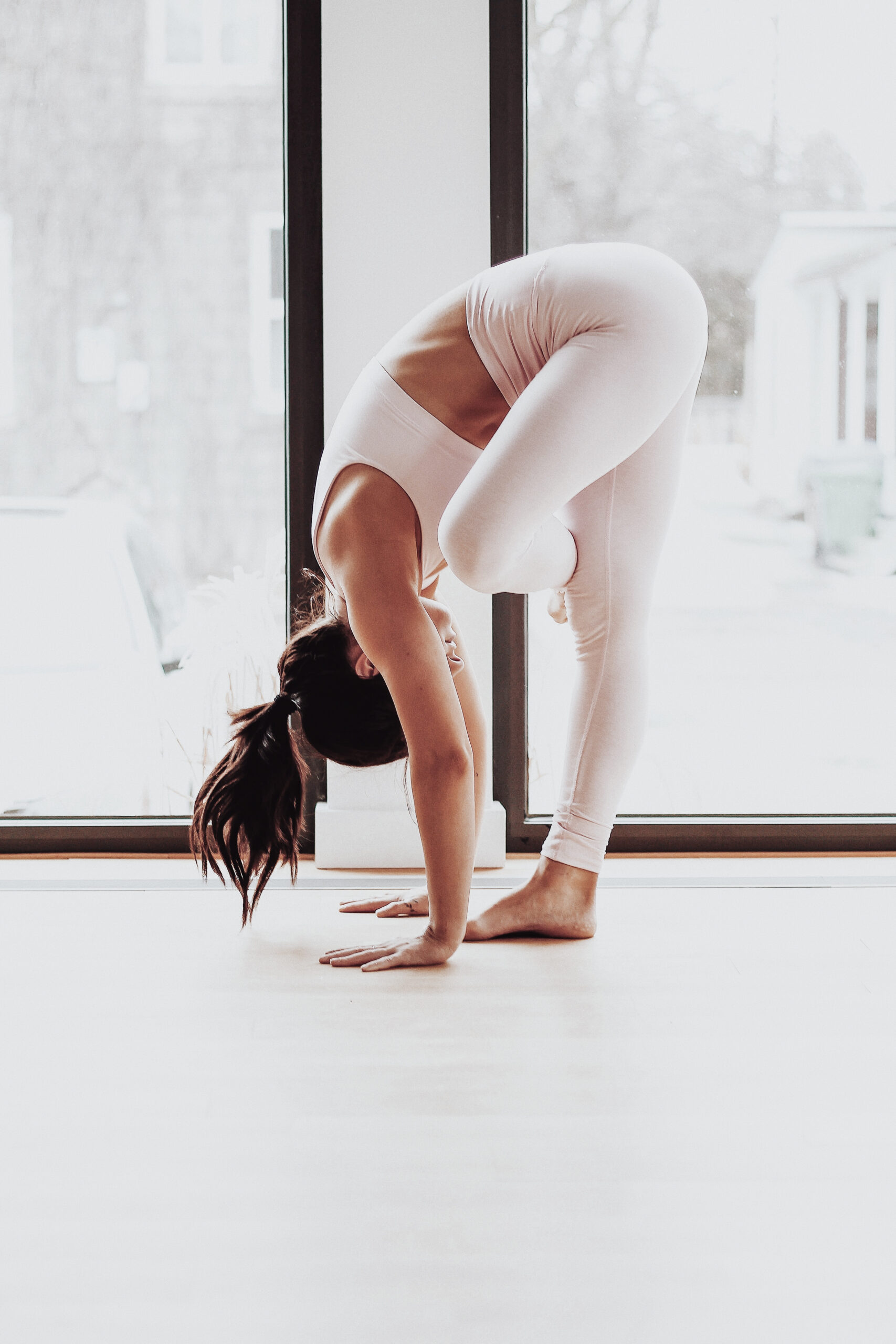
5 Ways to Soak Up The Health Benefits Of Nature
We all feel better when we spend time in nature, a dip in the water, a coastal walk or relaxing at the park with friends. What we often struggle most with is integrating nature into our day to day. As a naturopath I speak day in and day out about the power of nature, eating nutritiously, moving the body and mindfully engaging with nature to feel at our best. What I have learnt is having a connection to the natural world and our environment could be the missing link we can all benefit from. In this blog I will share 4 ways to connect in with nature more regularly and why it’s important to do so.
Research in recent years has shown that on average, Americans spend 93% of their time indoors, leaving only 7% of their life spent outside. In 2020 the UK Government conducted research into how much time people were spending in natural spaces. Over the course of the lockdowns, the time people were spending outside increased, however, 32% of adults still reported not spending any time outside. The results of this survey also found that 89% of people believe that spending time in nature is good for their mental health and wellbeing. Another study conducted on Australian adults found that 89% of us believe that time spent in nature helps to reduce stress and most of us believe we should be spending more time outside.
So basically, we all know that spending time in nature is something we should do but none of us seems to do enough of it. Sound like you? Here are some of our favourite ways you can use nature to improve your health and how it can help you.
1. Nature Immersion
The physical and psychological benefits of spending time in nature have been understood by traditional cultures for centuries. The Japanese have created the term “Shinrin-yoku” which translates to forest bathing or the therapy of being in the forest. Positive changes to cortisol levels, blood pressure, pulse rate and nervous system activity have been reflected in multiple studies into Shinrin-yoku.
This growing body of literature highlights a number of reasons why spending time in nature is so beneficial for our health: exposure to sunlight promotes vitamin D levels, being outdoors often increases physical activity, we are exposed to cleaner air quality, and our stress is reduced. A piece of research conducted in 2019 asked participants to increase their time outside by at least ten minutes three times a week for an eight week period. The results of this study found that the participants had significant reductions in stress hormones, which shows how even a short amount of nature immersion can be hugely beneficial for our health.
We recommend getting outside in nature as often as possible. Perhaps you could sit under the closest tree to eat on your lunch breaks or suggest a walk and talk at the local park for your next friendly catch up. If you have the time, why not do a long bush walk on the weekend or take a camping trip for your next holiday? We are so lucky in Sydney to have easy access to the ocean and waterways, national parks, and mountains, and we strongly suggest using these as part of your health regime.
2. Observing Nature
In the UK an interesting new research project has been underway since 2020 looking into the benefits of observing photographs of nature for our mental health. There are now multiple scientific papers underway off the back of this project which has so far found a strong link between our ability to soothe ourselves during emotional stress by observing images featuring different scenes in nature. What this project has done for the wider population is immense. Rather than needing to book a holiday out of your home city, simply inviting images of nature into your life can promote good health.
The project mentioned above found the most benefit when users observed 25 photographs of nature. To do this, we recommend creating a folder on your phone or desktop with a collection of photographs that you have taken or found featuring nature. It could be the beach, a flower, animals or a beautiful sunset. Whenever you are feeling stressed, close all of your browsers and observe these images. Take three deep breaths and see if you notice a difference in your mood.
3. Cold Water Plunge
Thanks to Wim Hoff, who has developed a method of breathing exercises followed by ice plunges, cold water immersions have become much more popular in recent years. Dipping into an ice bath can bring about an increase in endorphins, our “happy hormones”. Many participants in Hoff’s programs report feeling an instant shift in mood and energy. Besides these immediate noticeable benefits, Wim Hoff has also undergone studies which have shown benefits in improving metabolism, sleep quality, focus, and most interestingly immune system function. Scientists conducted a study with Hoff and some of his long term students, exposing them to pathogenic bacteria. The results found that the participants had little to no expected disease symptoms and it was concluded that this was due to their cold water and breathing practices.
There has also been some interesting research into the benefits of cold water swimming for mental health. In 2018 a 24 year old woman with major anxiety and depression, resistant to medication, was put on a weekly cold water swimming program. She reported instant improvements in mood and after one year was completely medication free. Another study on participants with chronic health concerns such as fibromyalgia and rheumatoid arthritis, found that after four months of cold water swimming they were feeling more energetic and had decreased levels of pain, improving their quality of life.
We suggest incorporating blasts of cold water at the end of your shower or if you feel game enough, try having your entire shower with cold water. You may want to build up to this slowly over time by gradually reducing the temperature. If this sounds too much, splashing your face with cold water in the morning or throughout the day, particularly if you are feeling stressed can also have a wonderful beneficial impact. Alternatively, if you want to try a whole body cold water immersion we recommend either swimming in the ocean or sea pools in the morning when the temperature is lower or signing up for a supervised ice plunge workshop.
4. Food & Medicine
This article couldn’t be written without highlighting two of the naturopath’s strongest tools: nutrition and herbal medicine. Herbal medicine is of course from nature. Certain plants have wonderful medicinal properties and when used at therapeutically researched doses, we can achieve many wonderful health goals. We always recommended that you seek advice from a qualified naturopath or herbalist before ingesting any medicinal herbs, however, in culinary doses, many are safe to consume as food. Chamomile flowers, dandelion greens, peppermint leaves, and turmeric bulbs are four examples that you can grow from home as part of your first aid kit.
If you are eating a wholefood balanced diet, most of the things you are consuming have come from nature. What you eat and where it comes from can be a wonderful way of connecting more with the natural world for your health. If you have the space to cultivate your own veggie patch or herb garden, this can be the easiest way to work towards this. If not, we suggest visiting your local farmers market to learn about how your food was grown, the seasons it is available, and to purchase produce that is often fresher and closer to its natural state.
5. Walking barefoot or ‘grounding’
Taking your shoes off and walking on the earth has many benefits. Stretching and strengthening your toes, feet and ankle muscles by allowing activation of certain nerve endings and muscle responses that would otherwise have been dulled by shoe supports. This can have wonderful knock-on effects for balance and increasing your awareness of your body’s place in space, something crucial as we age. There are many studies for the benefits of posture and gait that have been conducted, particularly on an indegnous tribe from Mexico who run marathon distances barefoot (check out the book Born To Run by Christopher McDougall). This has sparked a new realm of technology for shoes that protect the feet from rough and sharp surfaces while still allowing the range of movement experienced when barefoot.
Along with these localised physical gains, research is also looking into the once considered ‘woo woo’ aspects of “earthing”. This is the practice of taking your shoes off to connect with the earth through your feet. Science is still catching up but the research that has been conducted in this area has found positive impacts relating to stress markers, pain levels, immune responses and heart rate variability. We suggest taking your shoes off whenever in a park, beach or even your backyard and standing or walking for a minimum of 5 minutes. If you can do this every day, that would be our ideal recommendation.
Other ways to stay connected with nature:
- Bringing flowers or foliage into your home
- Meditating outside or visualising your favourite nature scene
- Spending more time with your pets or interacting with animals
- Laying on your back and watching the clouds or stars
- Drawing or painting flowers, tress, animals, or landscapes
In 2005 the term “Nature Deficit Disorder” was coined to describe the cost to our health when we are distanced or alienated from the natural world. A malady that many of us experience from time to time particularly if living in big cities or working long hours indoors. While only the positive aspects of “nature medicine” have been mentioned in this blog, the converse is actually quite frightening. If we continue to ignore our place in the natural world, not only do we risk harming the planet but we will also do ourselves a huge disservice.
So how will you choose to use nature to support your health?
Author
Hi my name is Emma and I am a Naturopath with a passion for women’s health. During my four year degree I learnt the science behind plants, a deep understanding of the functions of the human body, and the relationship between lifestyle and how it impacts on our health. I use evidence based and traditional herbal medicine, nutrition, diet and lifestyle reviews to help bring balance into your life according to your individual needs.
Book a FREE chat with Emma here.
Reference
https://www.nature.com/articles/7500165
https://www.proquest.com/openview/12cbe3e389c32341a83efa583f883e17/1?pq-origsite=gscholar&cbl=34493





